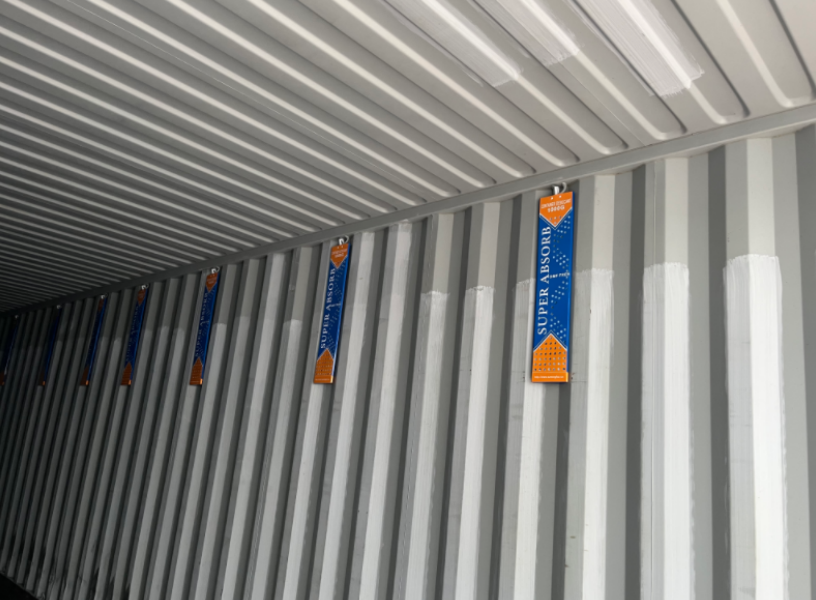Copyright © 2023 Shenzhen Minghui Technology Co., Ltd. All rights reserved Site Map
International Leading Manufacturer of Anti-Mould and Anti-moisture Desiccant
Email:Info@sz-minghui.com
Do you know that one of the biggest challenges with shipping is keeping the goods dry? Some goods get damaged once they come in contact with water. How do you keep your shipments dry and safe? You do it by making use of our highly effective and reliable container desiccants.
In this article, you will find out what a container desiccant is, the types of goods you can use it with, and the things to consider when using it.

This is a type of desiccant that keep shipping containers and vessel free from damage caused by moisture. Goods transported by sea are usually damaged by water. Container desiccant absorbs the moisture within the shipping container or vessel and keeps the goods dry and safe.
Shipping containers are designed to keep your goods safe by offering some level of protection from rain and seawater.
However, when the air in the shipping container cools down, it forms small water droplets that fall on the goods that are stored in the container.
The water droplets wet the goods and causes damage to some. The falling of these water droplets is commonly called container rain. The high humidity in sea environments is what causes this phenomenon.
However, this phenomenon also occurs in other means of transportation, especially when the area where the goods are stored also has high humidity.
This is why container desiccants are not only helpful for the transportation of goods on the sea but are helpful for air and land transportation.
1. Electronic gadgets
2. Grains, coffee beans
3. Industrial machinery
4. Textiles
5. Automobile spare parts
6. Furniture and more.

Knowing the nature of the product and its tolerance to moisture will help you determine how many container desiccants you will need.
It will also help you to determine whether or not to add more layers of protection to your products.
It is important to find out what environmental conditions the container that stores your goods is exposed to.
Weather conditions such as humidity, rainfall, and temperature can affect the degree of moisture within the container that stores your goods.
Having foreknowledge of these conditions will help you to make adequate preparations that will keep your goods dry and safe.
Finally, the state and the nature of the container should be considered. Before transporting your goods by the sea make sure you thoroughly inspect the container.
Ensure there are no obvious leakages. The container should not be corroded. A corroded container bears the risk of leakage during heavy rainfall. A container desiccant might not be helpful if the container is constantly leaking.
Our company has a team of highly professional and experienced individuals that work together to make sure you don't ever have to worry about moisture and mildew when transporting your goods on the sea.
We manufacture and supply effective container desiccants that will absorb the moisture within your shipping containers and keep your good dry and safe. Kindly click here to purchase our products or find out more information.